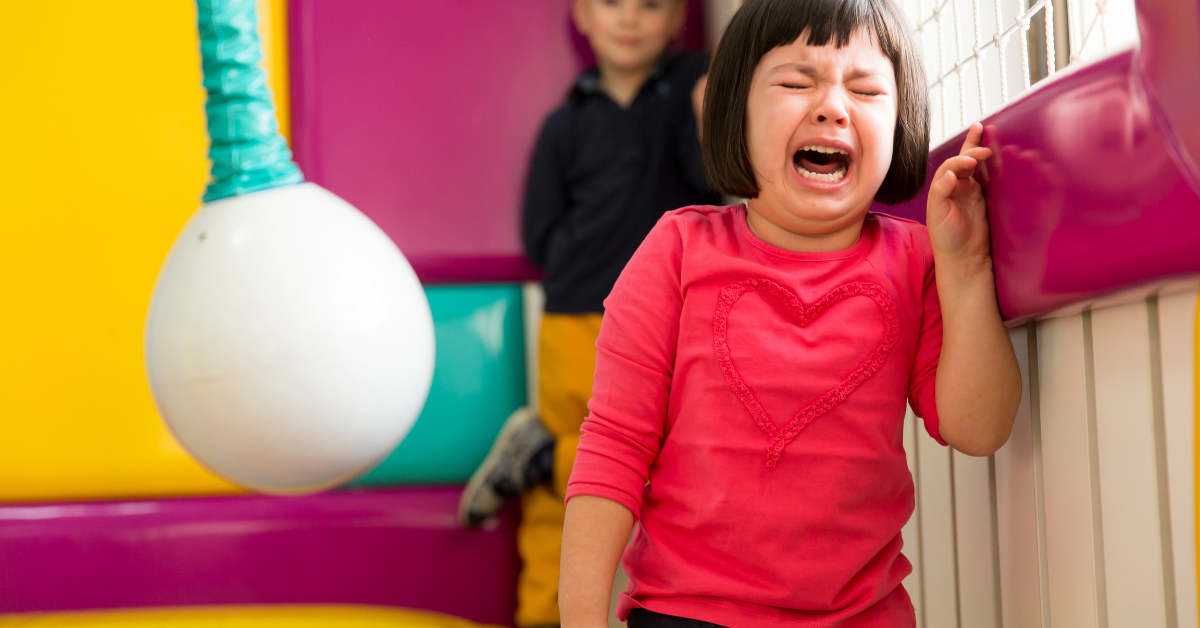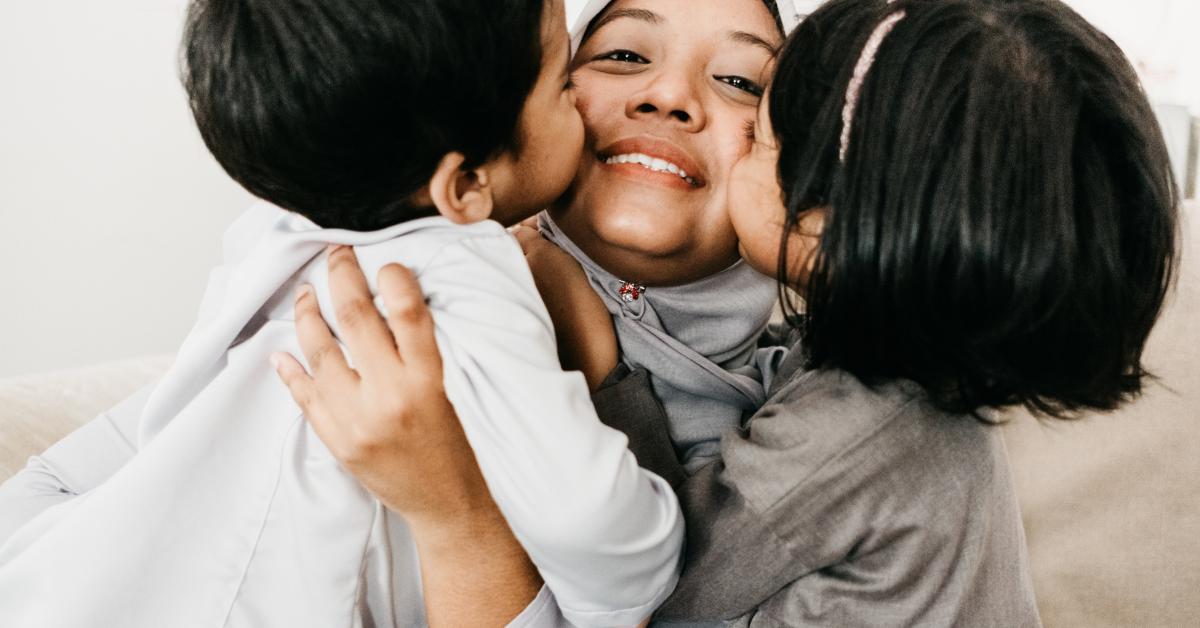Does your child find it hard to say ‘goodbye’ or have meltdowns when it is the time for you to go? Are they fearful of you leaving them alone?
They may be experiencing separation anxiety.
Children with separation anxiety show:
- Excessive distress when separated from home or caregivers,
- Clinginess to parents
- Refusing to go to sleep without their parent(s)/caregiver(s)
- Resisting going to camp or school
- Persistently fearing being alone
- Having nightmares about separation from home or parents/caregivers
- Repeating physical complaints such as headaches and nausea before or after separation
- Begging, whining, crying or having tantrums if confronted with separation

Separation anxiety is part of child’s normal cognitive development. The behaviour you might see when children are separated from parents is sometimes called separation protest. During the first year of development the infant wants to feel protected by physical touch and affection from the caregiver. After the child has developed attachment with the caregiver in the first year, he/she becomes used to being with the caregiver most of the time (holding, hugging etc). When the caregiver gradually starts to leave the child alone, the child finds it hard to deal with and gets upset. That’s because they’re not sure if their caregiver will return and separation anxiety starts to build.
Ways to help a young child overcome separation anxiety:
- Security: Create feelings of security for the child by providing lots of love and attention. Young children learn faster when they receive the necessary attention and affection than by parents taking a “learn the hard way” attitude. A sense of security comes from the fact that ‘You’ve got their back’. Make a conscious choice of letting children learn by showing love and care. A child feels more secure when their physical needs are met alongside their psychological ones. Engaging with the children, building a sense of trust in the relationship, meeting their emotional needs fosters a sense of security in child’s life.
- Preparation: The best defense is preparation. You can help prepare a child to deal with separation anxiety by:
- Exposing them to varied people: When you expose your child to many faces, they are less afraid of being around people. Some of the separation anxiety is caused by unfamiliar situations. Talking to your child and introducing them to places and people where you will leave them in the future will help them overcome this anxiety. Prior exposure to the situation, for example visiting the doctor’s office before an appointment, can be helpful for the child, when the parent is not available to support them at the visit.
- Fun ways of learning: Playing games that introduce and help to understand the concepts like permanence, constancy, and stability in their lives. For example: Playing games such as “Peek-a-Boo” will teach them that although he/she cannot see, you are still there. Also, maintaining consistent schedules and using rituals will help them be prepared for the event/activities to come.

- Reassurance: Prepare the child before the separation occurs by reassuring them that You will return. Treat the anxiety seriously and react with understanding, patience, and confidence: “I know you don’t want me to go away right now, but I will be back after school.” Do not tease: “You’re so silly to cry about it.” Do not sound annoyed: “You make me feel so mad when you cry like that!”
- Practice short-term separations around the house: When you go into another room, you can talk to the child: “Where did mommy go?” When you return, let the child know: “Here I am!” These repeated separations might help the child learn that a parent’s disappearance is only temporary.
- Do not sneak away from the child. It might be tempting, but this approach will only lead to more difficulty during the next departure.
- Maintain control over your own anxieties. If the child senses your distress when you leave, it will signal to them that something is wrong. Children are very connected to their parents and are good at picking their non-verbal cues.
- Stay calm, and, empathetic: “I know you are upset that I have to go into the kitchen, but I need to cook dinner.” You can also encourage them to be in the kitchen with you while you are preparing meals.

Episodes of separation anxiety might be overwhelming and can cause a lot of distress, but they come with a lot of learning for your child. It’s a great opportunity for them to learn to regulate their emotions.
Are you still struggling with the clinginess? Call us on Call us on 0800 568 856 for advice tailored to your family situation or explore our counselling options here.
This article is by Dr. Preet Kaur
With a PhD in Psychology, Preet feels passionate about supporting parents in the highs and lows of their parenting journey.
Preet is a counsellor and telephone support worker at Parent Help. She uses a client- centered, solution- focused approach and incorporates narrative, & cognitive therapy into her work.
An immigrant to New Zealand from India, having lived in two distinct cultures Preet has high awareness and sensitivity about cultural differences and diverse worldviews. Preet is currently working towards her provisional NZAC membership.

